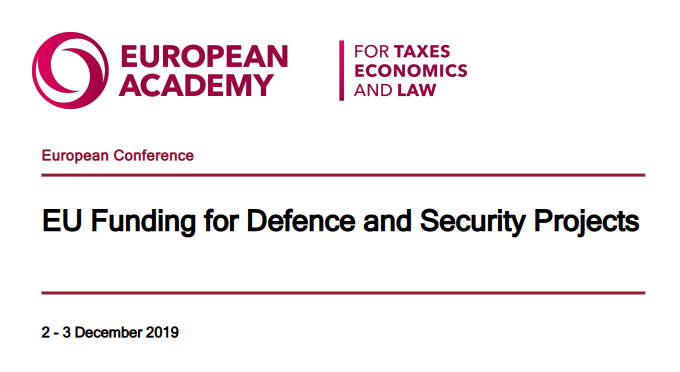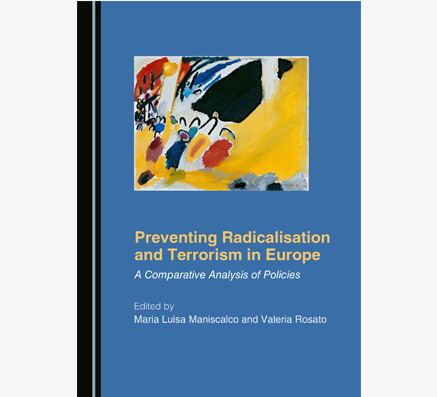Artificial Intelligence for Security: our “popAI” proposal has been awarded!
Zanasi & Partners is glad to announce the successful result of popAI proposal. The proposal has been awarded the grant under the H2020 framework, thus confirming Z&P engagement in the security research field. popAI will be coordinated by the National Center for Scientific Research Demokritos (NCSRD), already valuable partner in multiple proposals and projects, such as TRESSPASS (H2020).
popAI addresses a crucial topic in today’s security landscape: the role and potentialities of artificial intelligence, as an instrument to support and facilitate the work of Law Enforcement Agencies.
Artificial intelligence offers relevant solutions to improve the protection and safety of EU citizens. However, the last decade has witnessed the emergence of collateral effects and a spread of scepticism towards the use of this technology. Social media controversies, the Snowden case, the Facebook-Cambridge Analytica data scandal are amongst those events that highlighted an alarming lack of transparency and adequate regulatory framework for the use and application of AI, thus increasing the sensitivity of the EU population and decision-makers towards this topic.
popAI aims at fostering trust in the application of AI and AI-enabled mechanisms in the security domain, by increasing awareness, social engagement and gathering knowledge and expertise from multiple sectors (e.g. academic and non-academic actors). This approach will offer a unified European view across LEAs, while encouraging the creation of an ecosystem that could provide the structural architecture of a sustainable and inclusive European AI hub for Law Enforcement. Moreover, the project will delineate a roadmap for the implementation of AI systems in the short term (focusing on certification and compliance) and in the long term (addressing potential future scenarios and risks related to the use of AI).
popAI methodology is built on three critical pillars:
- A background analysis that will investigate the legal, ethical, and social framework related to the use of AI tools in security and ethics, thus creating a taxonomy of ethical principles for LEA’s use of AI applications;
- A multidisciplinary analysis of experts and citizen awareness and acceptance, conducted through different forms of engagement (e.g. social media analysis, interactive webinars, etc.) to get a comprehensive perspective of how AI is perceived by diverse audiences;
- Definition of recommendations and best practises promoting a human-centric, socially-driven, successful and responsible implementation of the AI in the security domain.
The 24-month project will rely on the experience of 13 partners from 7 countries:
- Coordinator: National Center for Scientific Research Demokritos (NCSRD)
- Technology experts:
- Zanasi & Partners – Z&P (Italy);
- Centre for Research & Technology Hellas – CERTH (Greece);
- Technische Universiteit Eindhoven – TU/e (Germany);
- Centre for Security Studies – KEMEA (Greece);
- Legal and ethics experts:
- Trilateral Research (Ireland);
- European Citizen Action Service – ECAS (Belgium);
- Eticas Research and Innovation – ERI (Spain);
- Security practitioners (LEAs):
- Hellenic police – HP (Greece);
- Hochschule fur den Offentlichen Dienst in Bayern – BayHfoD (Germany);
- Akademia Policajneho Zboru V Bratislave – APZ (Slovakia);
- Polizia municipale Città di Torino – PLTO (Italy).
Z&P will lead WP5, devoted to Dissemination, Communications and Sustainable Community Engagement. In particular, the team will be in charge of the development of the popAI platform. This digital platform will function as central access and collaboration framework for the consortium partners and the external community. Relying on its experience, Z&P will lead the definition of the two roadmaps for short and long terms. In addition, as the partner responsible for the Stakeholder Advisory Board, Z&P will engage with the community of experts and relevant actors, exploiting its already vast network.





